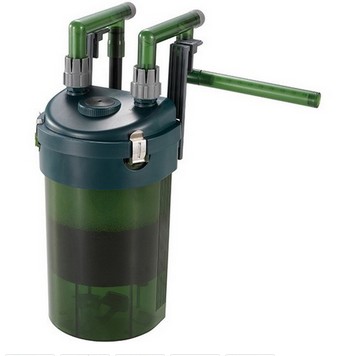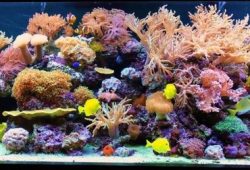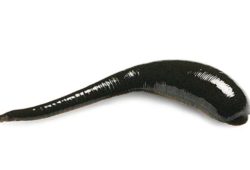The Difference Between Saltwater Filters And Freshwater Filters – Part 1
The Difference Between Saltwater Filters And Freshwater Filters – Part 1. One of the most common questions that most people have when first setting up a salt water fish tank is about saltwater filters. What type of saltwater filters do I need? Can I use my freshwater filter? What’s the difference between saltwater filters and freshwater filters?

Answering these questions is quite complex so we’ll be taking it slowly in this article.
What Do Saltwater Filters Do
For a freshwater aquarium filter, what we try to achieve is purity of the water. That’s easy enough, all we want is to get rid of large debris, waste and some minor chemicals.
In saltwater filters, what we want to achieve is stability, where the environment that we have created in the fish tank is as stable as possible without the need of human interference. We do this by trying to maintain some conditions such as:
- Keeping the nitrate level as close to zero as possible.
- Stabilize the alkaline and calcium levels.
- Minimize the presence of phosphates in the fish tank.
- Ensure ammonia and nitrates do not accumulate.
All these conditions need to be accomplished, you can’t just do one and ignore the others.
Why Must We Use Saltwater Filters?
Freshwater filters generally provide three types of filtration: mechanical, biological and chemical.
Mechanical filtration is done by every freshwater fish tank filters. This is where large sediments and waste is trapped by fish tank filter media when water flows through them. These waste matter will then have to be manually removed from the fish tank by cleaning the fish tank filter media. As long as they are not cleaned, the waste is still interacting with the tank water and this interaction will cause the release of phosphates into the water. If you still insist on doing mechanical filtration, the fish tank filter media needs to be cleaned DAILY.
Biological filters generally break down ammonia into nitrite, which is further reduced into nitrate. The nitrate accumulates in the water and is removed or at least reduced when you change aquarium water. This will not work for a salt water fish tank because we have to bring the nitrate levels to near zero and not have them accumulate at all. Biological filters cause an increase of nitrates and lowers alkaline levels and is very impractical for a salt water fish tank.
Chemical filtration is achieved using activated carbons. These activated carbons perform three functions that are critical for your salt water fish tank. Firstly, they absorb organic acids which will reduce the waste to nitrate. Secondly, they tint the water a little which reduced light penetration, something critical if you are housing corals. Finally, removing the organic acids will stabilize the alkaline levels in the water.
So what do we have here? We’ve decided that mechanical and biological filtration are not ideal saltwater filters in a salt water fish tank. We’ve also seen that chemical filters are important, but chemical filtration alone will not get the job done. What we do use in saltwater filters is something not seen in their freshwater counterparts.



